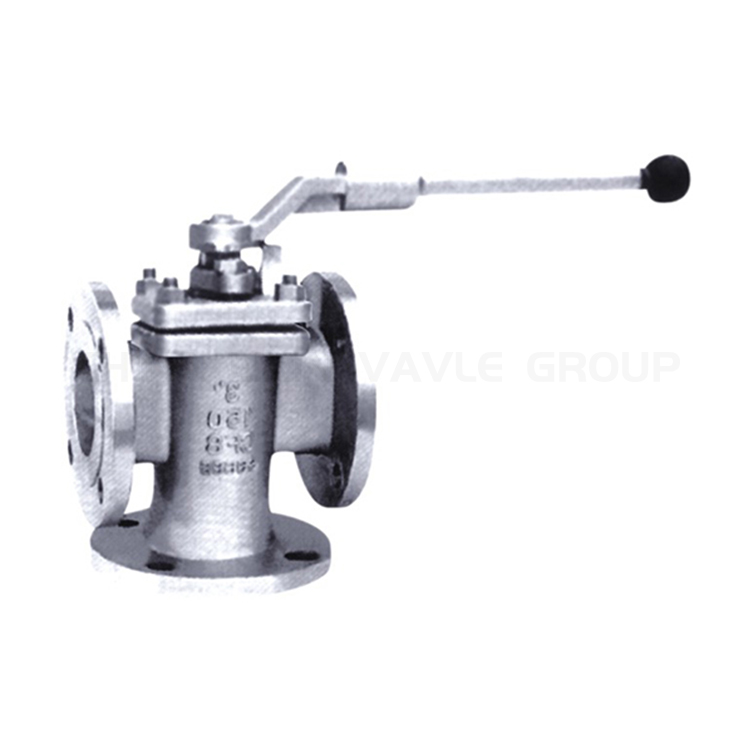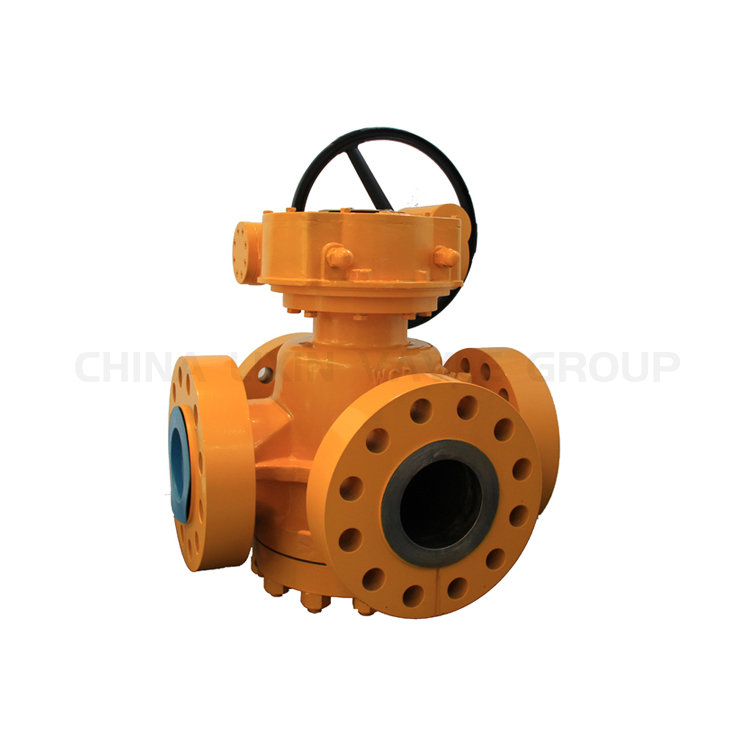What Is a 4 Way Plug Valve?
A 4 way plug valve is a type of valve that has four ports and a single plug that rotates to control the flow of fluid through the valve. The plug is typically cylindrical or spherical and has a bore that allows fluid to flow through it when it is aligned with the ports. The plug can be rotated to align the bore with any of the four ports, allowing fluid to flow from one port to another or to be blocked entirely.
4 way plug valves are commonly used in plumbing and industrial applications to control the flow of liquids or gases. They are also used in some automotive applications, such as fuel injection systems.
4 Way Plug Valve Design
A 4 way plug valve typically consists of a body, a plug, and a stem. The body is the main housing of the valve and contains the four ports. The plug is the rotating part of the valve that controls the flow of fluid. The stem is attached to the plug and is used to rotate the plug to the desired position.
The plug is typically made of a durable material such as metal or plastic. The stem is typically made of metal. The body of the valve is typically made of metal, plastic, or a combination of materials.
4 Way Plug Valve Operation
A 4 way plug valve is operated by rotating the stem, which in turn rotates the plug. The position of the plug determines the flow path of the fluid through the valve. When the bore of the plug is aligned with two of the ports, fluid can flow from one port to the other. When the bore of the plug is not aligned with any of the ports, fluid flow is blocked.
4 way plug valves can be operated manually or automatically. Manual valves are operated by a handwheel or lever attached to the stem. Automatic valves are operated by an electric motor or other actuator.
4 Way Plug Valve Applications
4 way plug valves are used in a wide variety of applications, including:
Plumbing: 4 way plug valves are used to control the flow of water and other fluids in plumbing systems.
Industrial: 4 way plug valves are used to control the flow of liquids and gases in industrial processes.
Automotive: 4 way plug valves are used to control the flow of fuel in fuel injection systems.
4 way plug valves are available in a variety of sizes and materials to meet the specific requirements of each application.
4 Way Plug Valve Advantages
4 way plug valves offer a number of advantages over other types of valves, including:
Compact design: 4 way plug valves are relatively compact, which makes them ideal for applications where space is limited.
Low maintenance: 4 way plug valves are easy to maintain and require minimal maintenance.
Long service life: 4 way plug valves have a long service life, making them a cost-effective choice for many applications.
Versatile: 4 way plug valves can be used to control the flow of a wide variety of fluids.
4 Way Plug Valve Disadvantages
4 way plug valves also have some disadvantages, including:
Limited flow capacity: 4 way plug valves have a limited flow capacity compared to other types of valves.
Pressure drop: 4 way plug valves can cause a significant pressure drop when the valve is open.
Shear sensitivity: 4 way plug valves can cause shear damage to the fluid if the valve is not operated properly.
4 Way Plug Valve Selection
When selecting a 4 way plug valve, it is important to consider the following factors:
Application: The application of the valve will determine the size, materials, and other features required.
Flow capacity: The flow capacity of the valve must be sufficient for the application.
Pressure drop: The pressure drop of the valve must be within acceptable limits.
Shear sensitivity: The shear sensitivity of the valve must be considered if the fluid is sensitive to shear damage.
4 way plug valves are a versatile and cost-effective choice for a wide variety of applications. They are easy to maintain and have a long service life. However, it is important to select the right valve for the specific application to ensure that the valve meets the requirements of the application.









